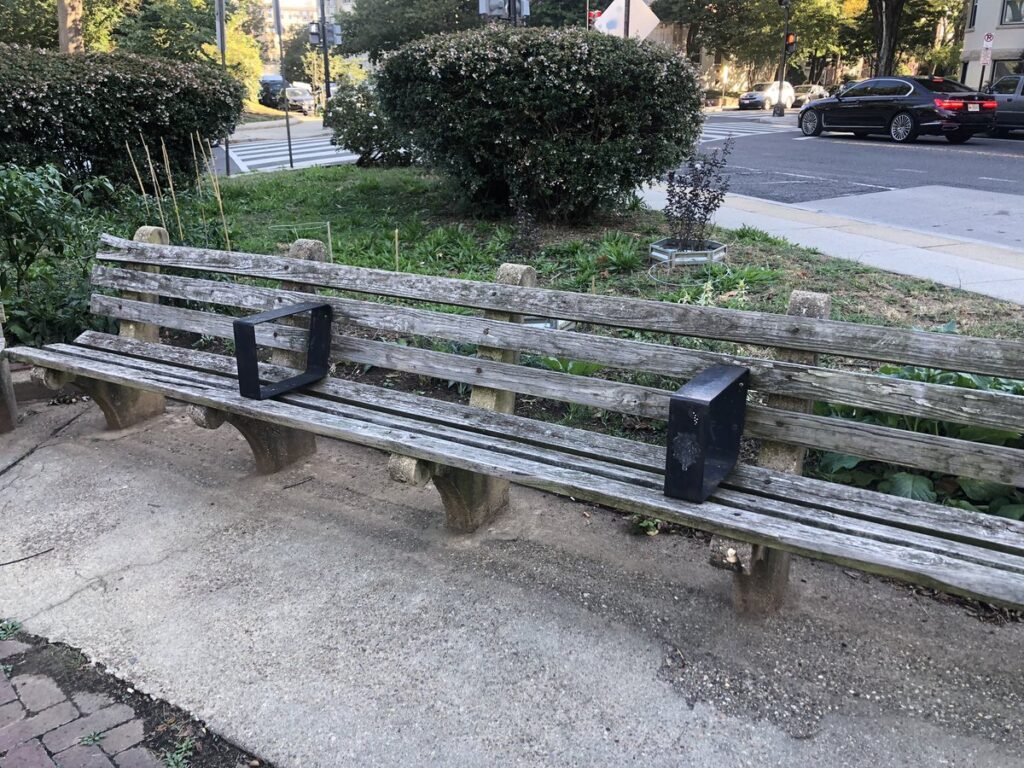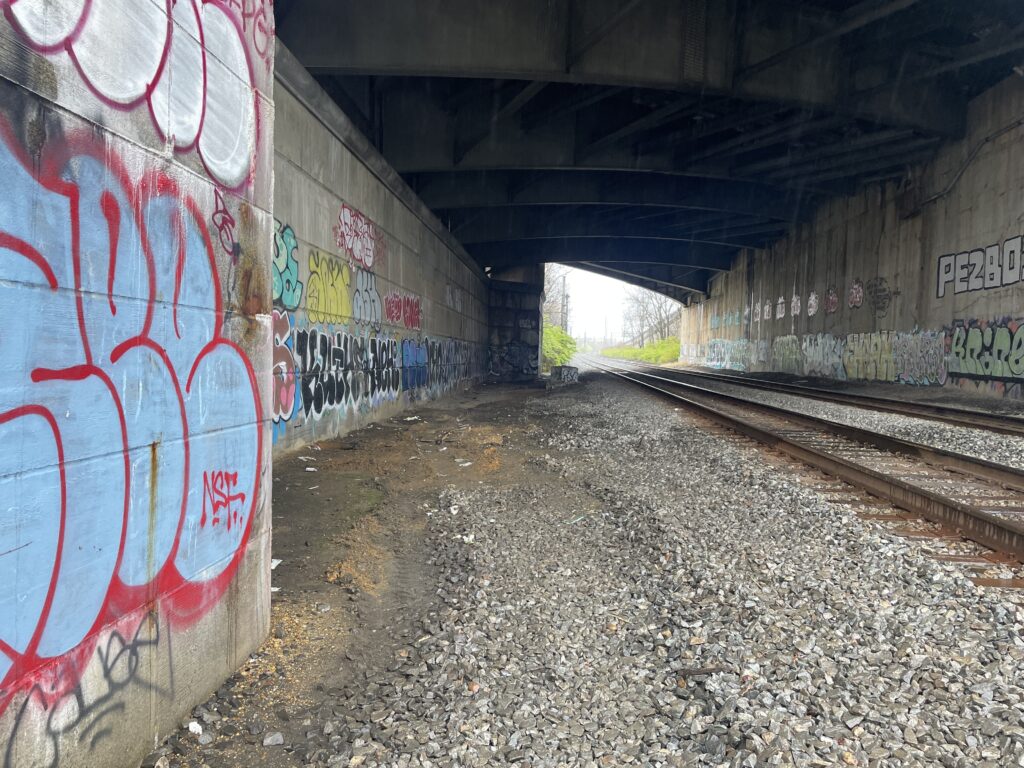Lashonia Thompson has focused her life around criminal justice reform and women in re-entry. Right now, she is working with Laura De Las Casas on Pads 2 Prisons, a program that promotes the distribution of menstrual products as a human right and raises awareness about the health risks of low-quality products.
“As a formerly incarcerated woman, all issues that impact incarcerated women interest me,” Thompson said. “So when [De Las Casas] told me about the things that she was learning — about the challenges women were having naturally — I thought that I could help bring some exposure to the situation.”
De Las Casas, with help from Thompson, is researching policies and regulations that exist in different state facilities to identify menstrual needs for imprisoned women. Thompson will connect De Las Casas to women in the D.C. area who are returning citizens.
“Where I would like to give out my donation is locally,” De las Casas said in an interview. “The biggest hurdle is there is no data.” Select metropolitan areas, such as New York City, have a lot of data and some effective new programs to tackle this issue. However, De Las Casas would like to target a facility where women’s voices are not yet heard.
Access to menstrual products hasn’t received much attention in Washington, D.C., where menstrual products continue to be a need for homeless, impoverished and imprisoned women. One exception can be found on the University of Maryland (UMD) campus, where a student-run organization has been collecting pads and tampons to donate to homeless women. Members of No Taboo Period see the conversation necessary for their collection efforts as also combatting the stigma that surrounds discussing products needed by menstruating women.
The student-founders joined together through a class to compete in the university’s Do Good Challenge, according to Nicole Lang. Lang was in charge of public relations for the organization prior to graduating. When choosing a focus for their project, one member discussed what she had learned while volunteering with N Street Village, a nonprofit women’s shelter in the District. She explained that people tend to donate food and clothing to homeless shelters and seldom think about other essentials, such as pads and tampons.
“We quickly realized that feminine hygiene was not a subject we ourselves felt comfortable talking about and determined that the taboo nature of menstruation would be one of our biggest obstacles for gaining public support,” Lang said.
Although many women were willing to spare pads or tampons for those in need, it was difficult speaking openly about the products in public. Hence, the “taboo” word play.
“I found No Taboo Period to be both empowering and inspiring,” Lang said. “We received an overwhelming amount of support for our project and managed to increase awareness of the issue on campus, in addition to collecting thousands of feminine hygiene products that we donated to homeless shelters in D.C.”
The donations go to D.C. Diaper Bank, which has partnerships with more than 30 homeless shelters to distribute the products that No Taboo Period donates. The students’ efforts have received positive feedback, according to the organization’s current co-president, Nageen Sherani.
“As a part of the Do Good Challenge we interviewed homeless women in D.C.,” Sherani said. “Upon explaining our mission and cause, they expressed gratitude and encouraged us to continue our efforts. This will be a lasting effect in the future.”
She added that this is an issue too often swept under the rug for many reasons — including the cultural taboo of talking about menstruation and the lack of awareness that there are women without access to essential feminine hygiene products. “This topic resonates with me because I’m interested in women’s health on a global scale,” Sherani said. “The taboo-nature of periods is a more serious issue in a few other countries, where the lack of education and money hinder women from properly taking care of themselves.”
This open dialogue, which challenges cultural expectations, resonated with men too. Lang described how much it meant to her when a male student shyly walked up to the group’s table on campus, handed over a large pack of tampons and told them he really appreciated their work. “It was a proud moment for all of us,” Lang said. “Breaking the taboo is not something that happens overnight, but something that is achieved through an accumulation of small feats.”
Voice is a theme shared by No Taboo Period and Pads 2 Prisons. In their efforts to improve accessibility to menstrual products in the nation’s capital, Thompson and De Las Casas will be incorporating feedback from currently incarcerated women and returning citizens, while No Taboo Period will build on its efforts to give homeless women better access to products. In prison and on the street, listening to women talk about their experiences became the focal point of both projects.
While Thompson doesn’t personally recall difficulty obtaining pads in prison, she acknowledged that often the products she received were of very low quality. “It doesn’t help with your self-esteem and your dignity and other personal issues you may be dealing with,” Thompson said.
Using social media and word of mouth, Thompson and De Las Casas hope to be in communication with returning citizens who can tell them about current concerns.
“I was released five years ago,” Thompson reflected, “Things have changed.”







